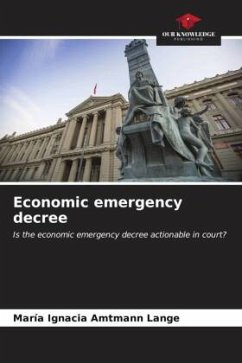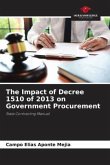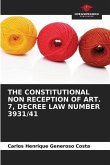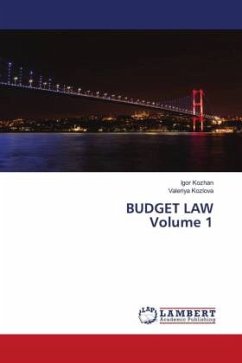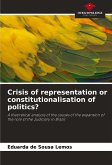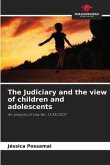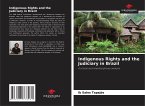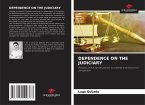This paper is framed within the historical evolution of the so-called theory of the separation of powers of the State, as an expression of modern democratic states. Thus, where in the beginning there were kings or emperors, today there are three great powers of the State: the Executive, the Legislative and the Judiciary. With this historical evolution, an inherent and palpable tension has also arisen over time between these three powers of the State, since the powers and attributions that kings or emperors had solely and exclusively in one of these three powers had to be channelled, also adapting their limits and control over them.The decree of economic emergency, i.e. the special attribution of the President of the Republic to dispose of a constitutional 2%, calculated on the amount of the expenses authorised by the Budget Law for exceptional cases, thus giving course to payments/expenditures that are not expressly authorised by said law, will be used as a framework for analysiswith respect to the private powers of the Executive and Judicial Power, control and limits of them.
Bitte wählen Sie Ihr Anliegen aus.
Rechnungen
Retourenschein anfordern
Bestellstatus
Storno

